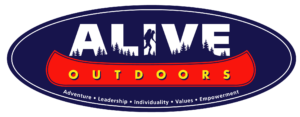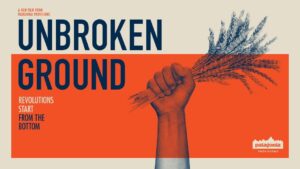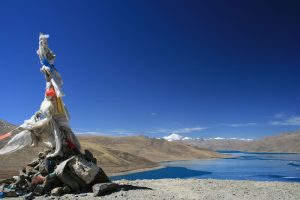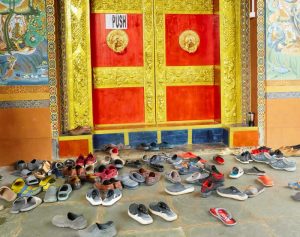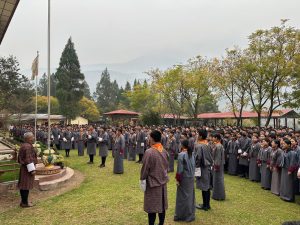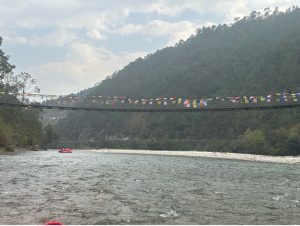Humanizing Sustainability: Sifting Through the Many Messages
- Posted on
- By Ryan Howard
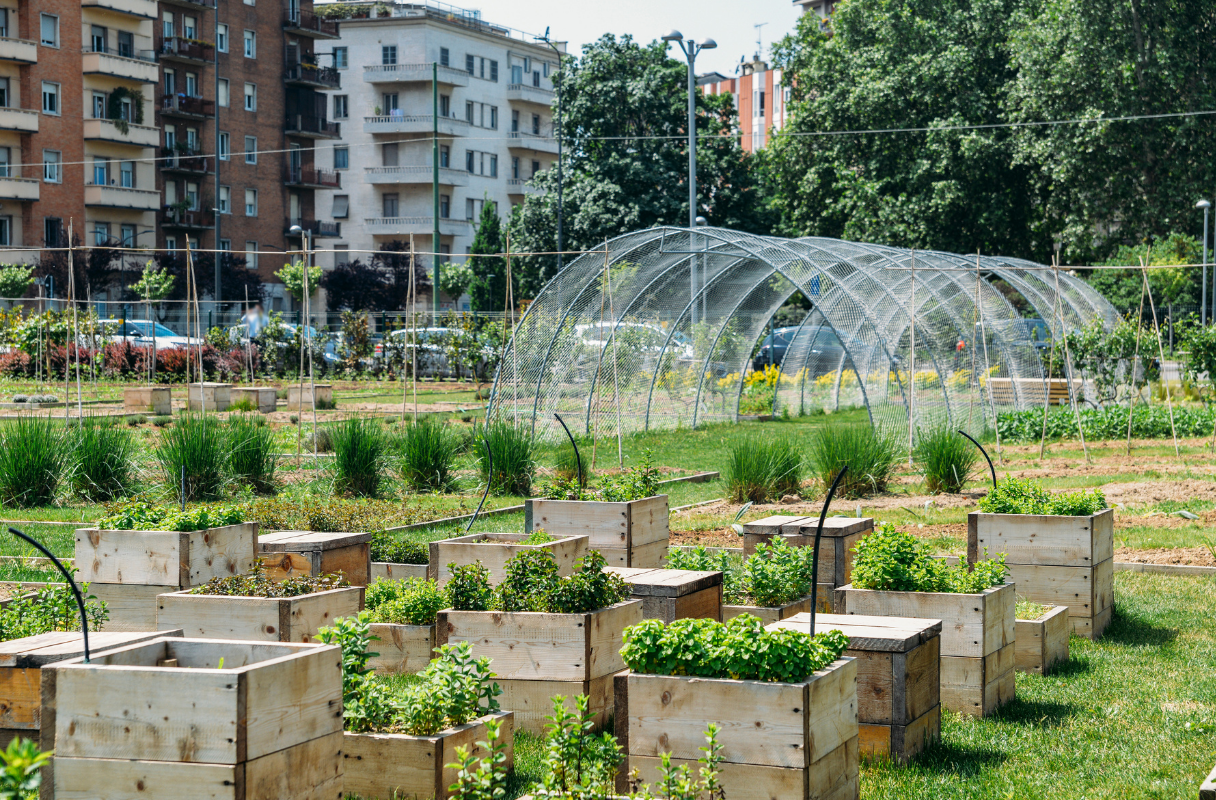
I know you feel it – the thousands of opinions that overshadow the core message of sustainability. We all feel the effects of Action Paralysis (knowing that action is needed, but feeling overwhelmed by what course to take, or where to put energy) when it comes time to give direction to our actions and trying to appease the many voices of sustainability. It is undoubtable that some type of action (probably very drastic action) is vital to the health of not only our ecosystems but also for the health and happiness of the over 8 billion people relying upon these fragile systems to survive. Real human progress should create certainty and security for all systems, yet we find ourselves in a very different situation today. Our collective lives are filled with uncertainty, diminishing diversity, economic disparity, and social unrest as the fruits of our labour and progress. It is this reality that has touched all of our lives, and for many people, this reality is enigmatic and overwhelming. Our modern version of progress and success has overwhelmingly created a society founded on diminishing connections in which placeless and humanless environments, food systems, and communities make it difficult to see the forest for the trees. To me, this seems like a much broader issue that is not done adequate justice with reusable bags for your groceries or non-disposable water bottles.
Real security, in other words, is inseparable from issues of energy policy; education; public health; preservation of soils, forests, and waters; and broadly based, sustainable prosperity. ~ David W. Orr
Context
We are truly fortunate to have a community of intelligent, forward-thinking, environmentally-minded educators who play a vital role in helping us accomplish our mission. We would be a shadow in the night without their willingness and skill at sharing their unique voices and experiences with the students we work with. Knowing this we brought the discussion of sustainability to our ALIVE Outdoors educator community. The following is a brief summary of our conversations on sustainability and some notable examples to dive into the topic. How we approach sustainability will be humanity’s greatest success or failure over the next 50 years.
Unbroken Ground
https://www.patagoniaprovisions.com/pages/unbroken-ground
Revolutions start from the bottom. An excellent primer to dive into sustainability from the perspective of food systems and the environment. We started the conversation by asking our instructors to watch Unbroken Ground and bring that baseline knowledge to the conversation. A clear message from the Patagonia sponsored film is that maintaining and creating diversity is at the core of the problem. The film highlights animal grazing and husbandry and the connection to wild grasses, wild-caught salmon fishing techniques, and the development of perennial grains that help sequester carbon. Like so many stories of sustainability, each is connected directly with the people who are pushing daily to live and share their efforts, and ultimately their beliefs. These people are the human stories of sustainability.
Re-humanizing Food: Why the Farmer Matters
Food was a common theme throughout our sustainability conversation. We hit a good part of the range on the topic, with discussions on vegetarian versus animal protein diets, sources of fish and shrimp, growing and preserving your own food, and the greenwashing that so many of our commercial food supply systems are engaged in. Where we get our food, and the conscious choices we make surrounding the food we purchase for our families is a great starting place for re-humanizing food and sustainability. Ask a child where food comes from and they will tell you the grocery store, push a little further and ask who grows the food and you will end up with the notion of a farmer as the source. We all learn this myth from a young age. It is a nice thought, a farmer working their fields, often with their family for generations, providing all of us non-farmers with food to eat. This is the very fallacy that our modern commercial food system is committed to. Yes, there are many farming families dedicated to their craft, my respect goes out to them all. The unfortunate reality of our food system is the dominance of monocultures, synthetic chemicals, and GMOs, each threatening the very core foundations of the idea of sustainability – richness through diversity.
Long-time friends Jarod and Elecia Chinnick have been dedicated to directly fighting for sustainability in our food systems. Together they run Three Forks Farm near Bobcaygeon, Ontario. Their mission is to raise wholesome, nutrient-dense food using farming practices that respect the natural tendencies of their animals and the sustainability of their farmland. I have had the pleasure of watching their ideas literally grow into something meaningful (and delicious) over the past 10 years. What I have come to learn as an onlooker and consumer of their products is that sustainability is intrinsically linked to who they are, how they live their lives, and what they want the world to look like in the future.
I asked Jarod and Elecia to share with us some brief thoughts on sustainability from their perspective. They shared the following:
The term ‘Sustainability’ presumes that maintaining the current health and vitality of our food-producing lands is the goal and, while this is a good starting place, we know we have done decades of damage to those lands and sustainability may no longer be enough. The next and most important question we are asking in agriculture is ‘how can we regenerate our food-producing lands’ – and, this is where Regenerative Agriculture comes in. It is the next wave in Sustainable Agriculture and will serve to not only allow us to grow nutrient-dense food but also to sequester carbon in our soils and push back against rising Co2 levels. We are no longer in a position to just ‘sustain’ our position in the world – we need to take regenerative steps and agriculture is one place we can do this.
~ Three Forks Farm
When I consume the food they farm, I cannot help but connect it back to their hard work, the land they manage, their ideas, and their family. I wish I could say this about all the food I eat – I can’t. I can’t even come close. For me, the place where I can focus my energy in the fight for sustainability and food starts with trying to connect the food I eat back to the people who created it. This might be the most important step we can all engage in towards sustainability.
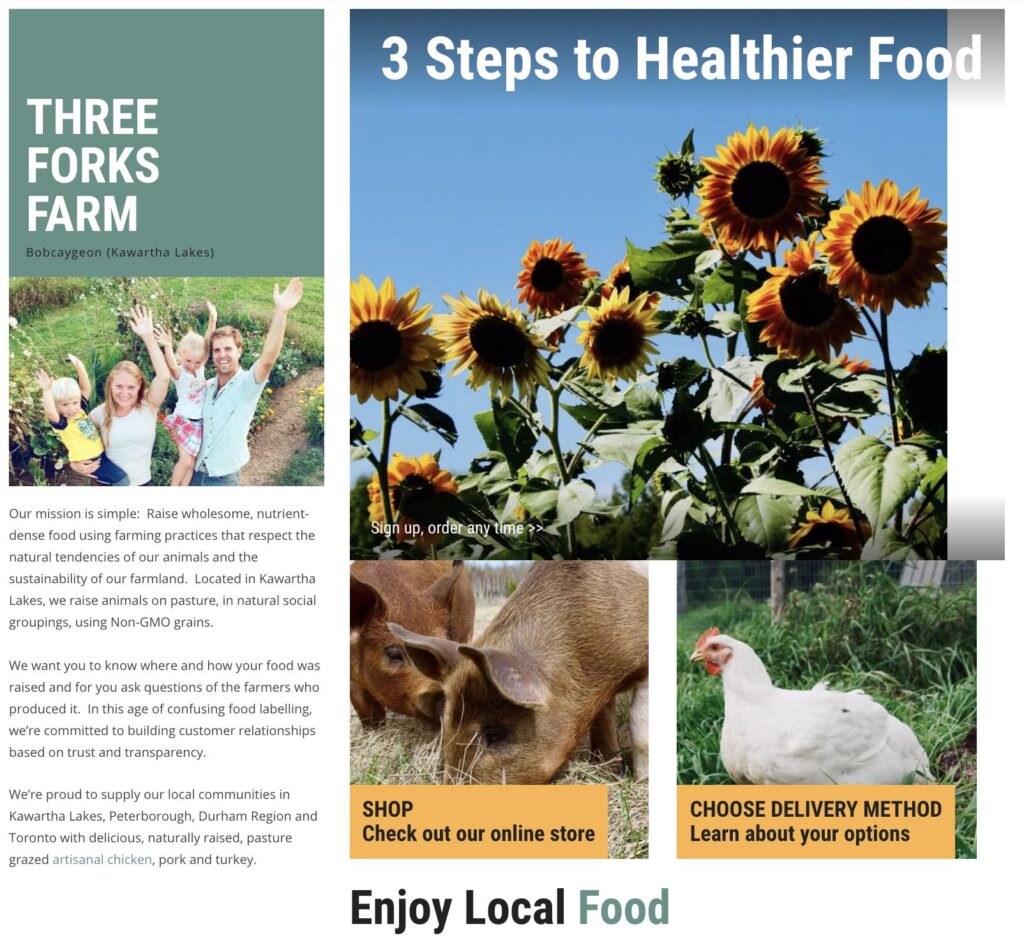
Learn more about what they are doing: www.threeforksfarm.ca
Where to put our efforts?
A real to life challenge we face as adventurers and outdoor educators is the reality we encounter each time we pack our food and supplies for any length of overnight trip. The plastic or clear poly bag dominates our approach to packing food. If there was one area that fired up the crowd during our conversation it was the use of plastics as a necessary evil in exposing and immersing youth in the outdoors. Is this just a reality we need to accept? Whether we are talking about plastic canoes or the poly bags we bag our food in, everyone had a valuable opinion on the topic. The one thing that was clearly evident during the conversation was that we needed to not let our past practices dictate our future plans or the approaches we dream up to reduce one-time waste such as plastics. We can make a change, and what we bring on trips to eat does not have to suffer, we just have not solved the problem yet – we can solve it if we try harder.
Sustainability is ultimately challenged not by the scientific or economic realities we face, but by our collective lack of humility for the environment and the people in our communities. Progress is a misleading concept for humankind, it assumes the result is positive. According to David Orr, “knowledge increased, but like the circumference of an expanding circle, ignorance grew as well.” Together we have overused, overdreamed, and overpromised what our natural systems and communities can sustain, and for this, we need to respond with hearth and humility. What we do know is that our past actions have brought us to where we are today. We do not need scientific studies, or economic modelling to understand that we can all do better. Sustainability is much more than cloth grocery bags and reusable water bottles. Sustainability stands for the idea of the world we want to live in, the care we need to give to the environment, the importance of people and their stories, and the communities we are proud to be a part of.
Thank you to all of the ALIVE Instructors who took part in the three-hour sustainability conversation, we know we barely got into it. Your voices help us paint the picture of the future we want to live in. Remember we can’t just consume our way to a more sustainable world.
